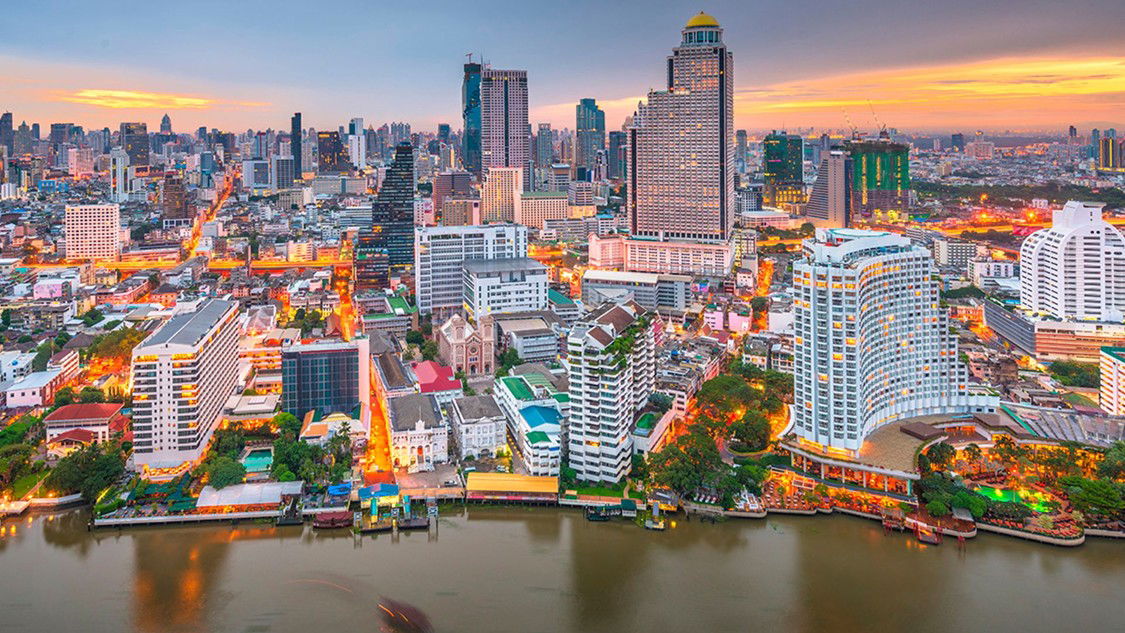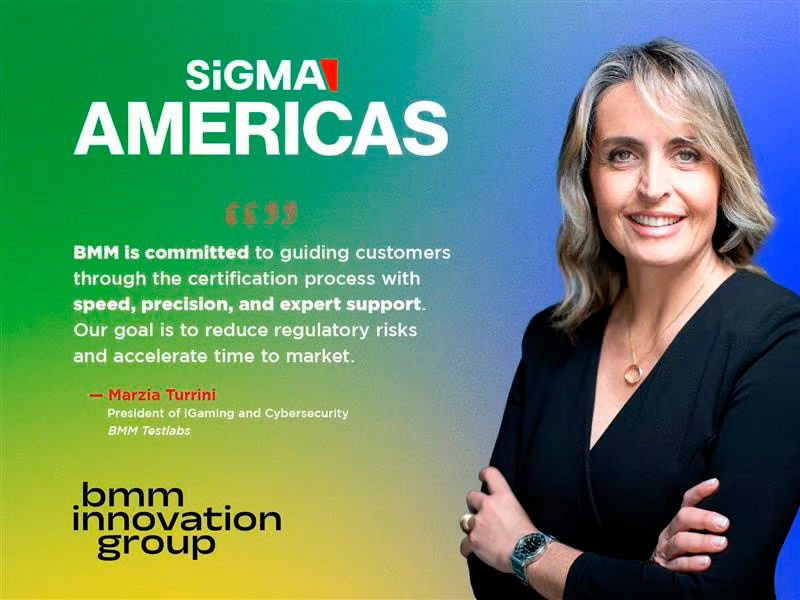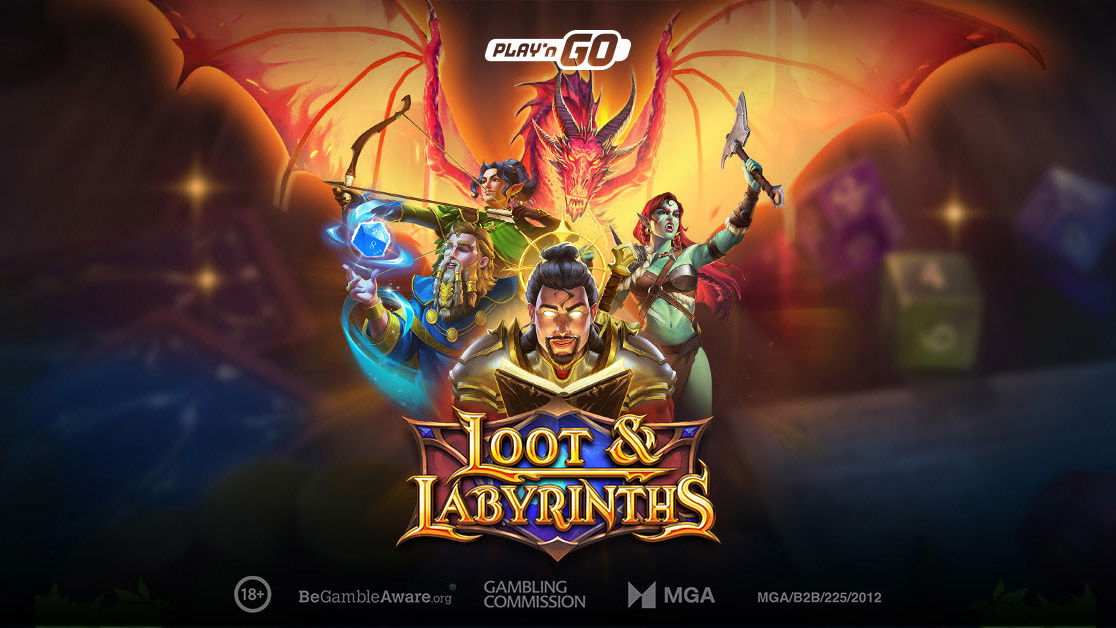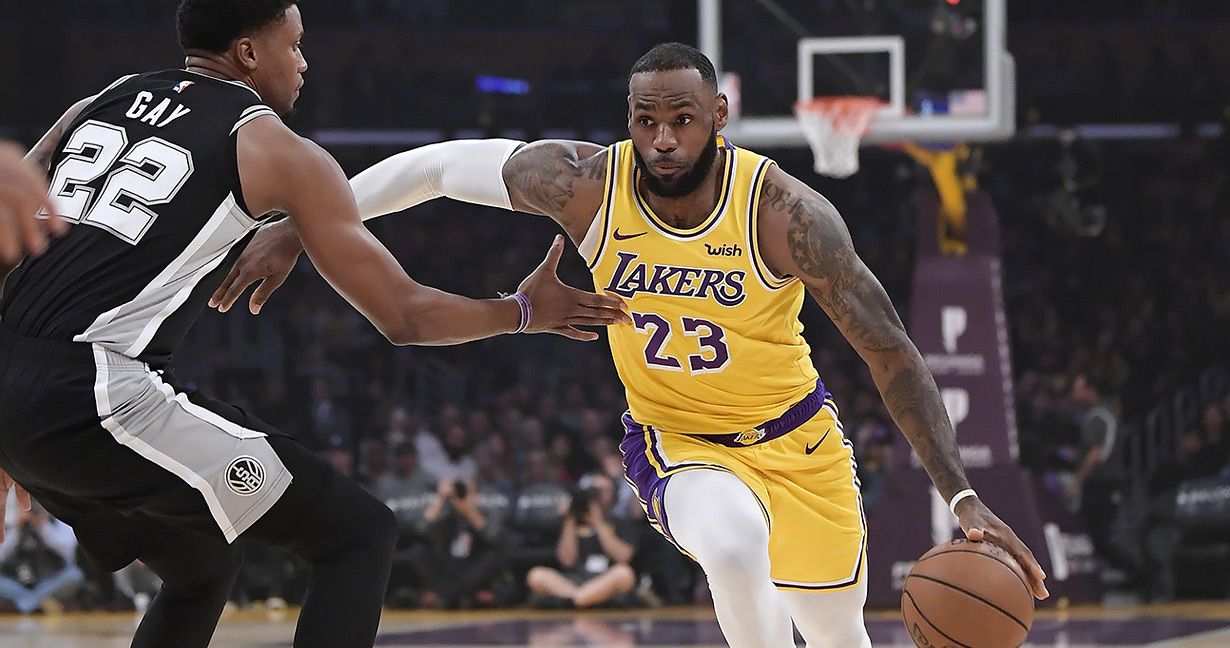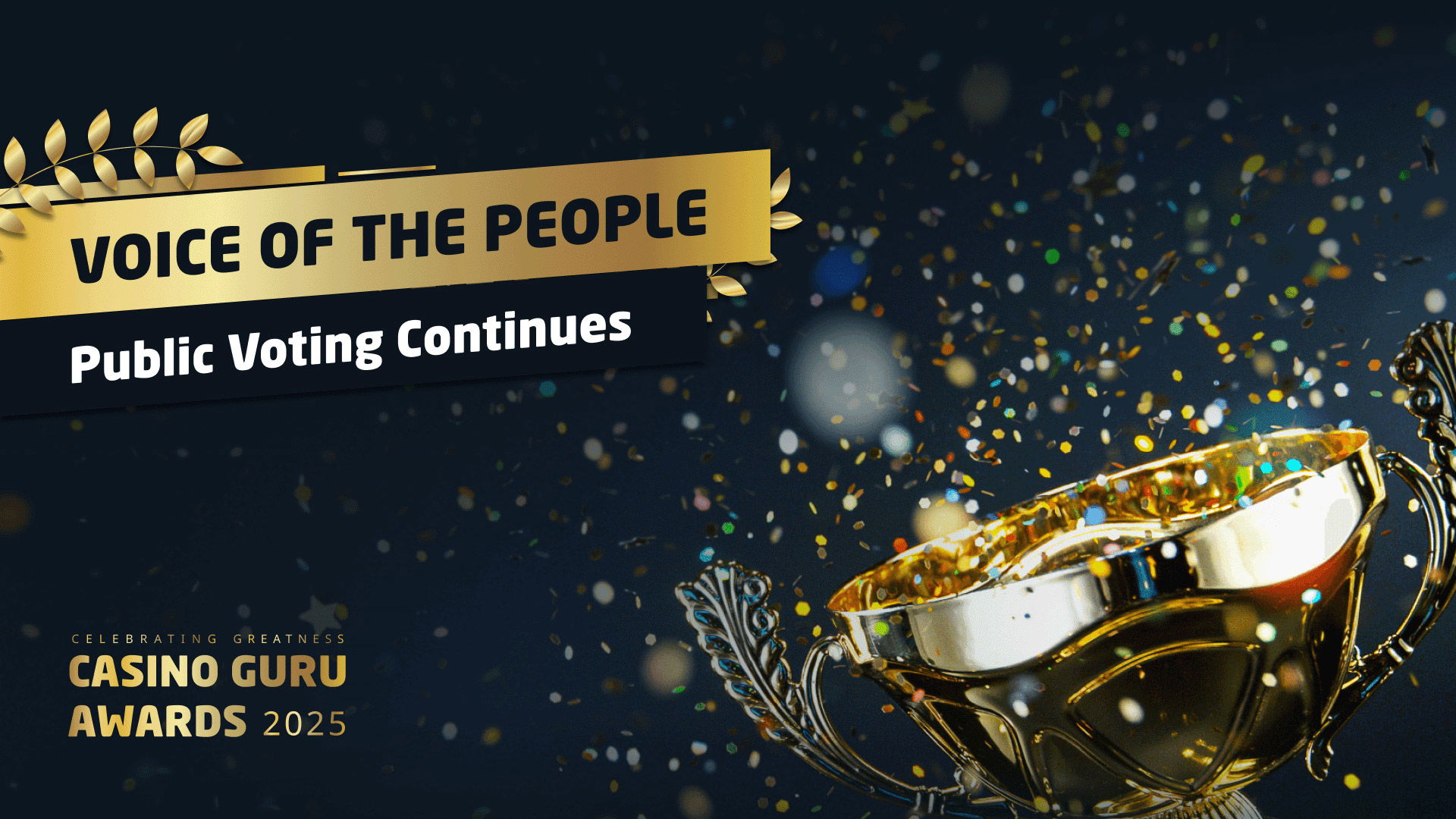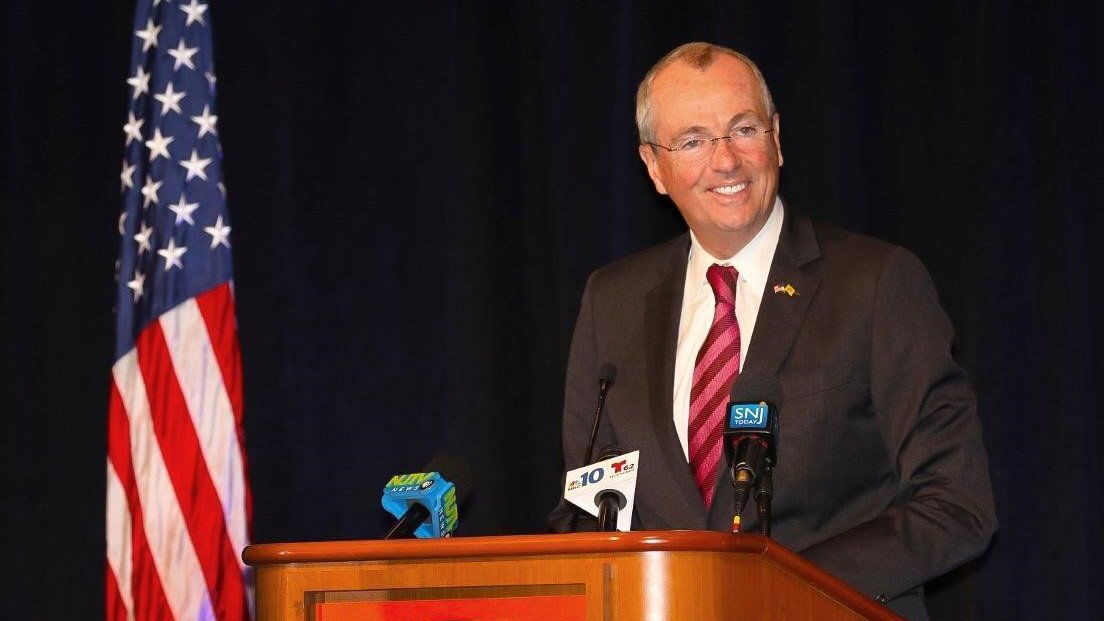"In future the broader industry should better prepare itself to cushion and adapt to major social and economic impacts"

Harmen Brenninkmeijer has worked as an operator, supplier and executive at several leading companies in the gaming industry for almost 30 years. He is currently the Managing Director of the Global Chain, an investment and management company that he formed in 2016 and comprises Dynamic Partners and the Gaming Incubator, among others. After advising the Blockchain lottery company Quanta, and taking a position, he became the CEO of Quanta, a company that seeks to be the blockchain solutions provider to the gaming industry decentralizing a number of actions.
Speaking with Yogonet in a video interview, he says about the COVID-19 impact on the gaming industry: "The industry needs to be far better prepared in the future for something else that's going to happen, because without a doubt, no matter whether it's going to be a second wave or another infectious disease, we need to be ready. How? That's going to be the question."
"For our industry as a whole, I think it was a massive move forward into exposure, people becoming more familiar with the industry, placing the bets and as a result understanding the games better," Brenninkmeijer notes. He believes online gaming is going to be a massive industry with much greater expansion, and that "a lot of land-based casinos now start to realize that they probably can't do without online gaming."
Watch the full video interview with Harmen Brenninkmeijer:
Asked about other trends and outlooks that could be triggered by this new landscape, the expert says we still need to see a lot of collaboration between esports in general and betting companies, and regarding live gaming in general, "if people have been exposed to it during this pandemic, they will become more enthusiastic by playing it via their phones or their computer versus what they did before via going to the casino."
"People will go online and start playing different games in a safer environment that they would like to call their home. It's interesting what that's going to do," he says. "I don't think it's going to happen soon, but in an ideal world, I would like to see areas as a coffee casino, where while having a cup of coffee you can play your own games in a very controlled environment, so you can do it without having to be at home, or at the casino, but you can do it at a coffee shop that needs to get special permissions."
Furthermore, Brenninkmeijer identifies people's demand to play more together, in the tournament environment and community games that are more linked to together, and he foresees more growth in those areas. "From an AI perspective, you have to be far more on the ball in order to understand your database and really cater to that database in ways you have never done before," he adds, and underlines the need to be "extremely targeted with whatever product you want to be developed or venture you want to take." He also says that people are becoming more health-conscious, and that is going to have an impact on gaming in general.
"The Blockchain will create a more important part after everything is now getting far more centralized that players, users are now looking for more control over what they would like to have out there," he says. "This could be the access to mandatory KYC information, only when needed, to being part of an eco system where the data is only stored under your control. We are looking at solutions that enable users to see who and how often their info has been accessed. But also the outcome is it provably fair and can it be verified easily that no-one can change the outcome. So for example Quanta has developed the only provably fair blockchain-based RNG that is verifiable by the players at any time, you could have a button on the game that immediately verifies that the outcome is random and verifiable as being unique."
Brenninkmeijer, who was the founding Chairman of the European Gaming Organization, also stresses the value of blockchain in building trust in users by providing safer ways to handle and store their data, and he mentions innovative ways to prevent and tackle problem gambling. Moreover, he says "illegal gaming has been around, will be around because most of the people do not know or do not want to deal with it."
"It is very very difficult to get a lot of regulators to basically persuade their politicians, it's often not the regulators but the politicians that really don't want to deal with these issues," he says, and cites Brazil as an example of this. He believes the only way to deal with this is by having people being properly informed, and he puts forward the idea of an association that is run not only by operators but also "experts from around the industry and all the different vessels of the activities we have," that is able to "really make a point across in order to deal with it."




